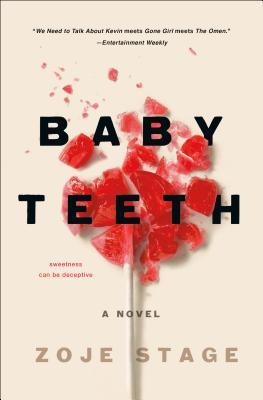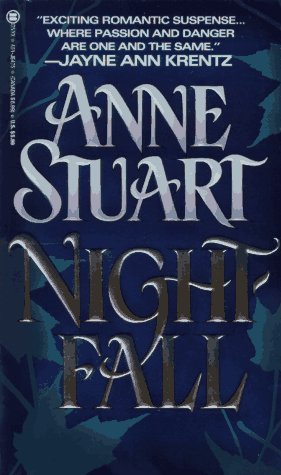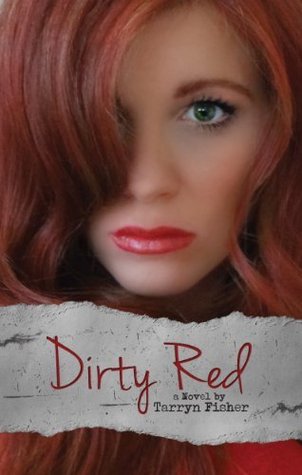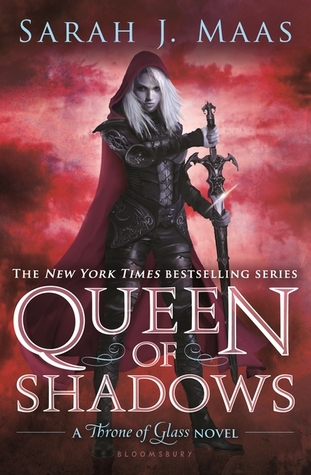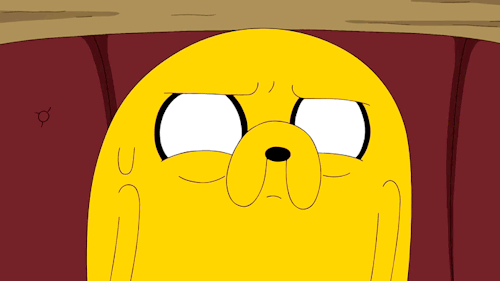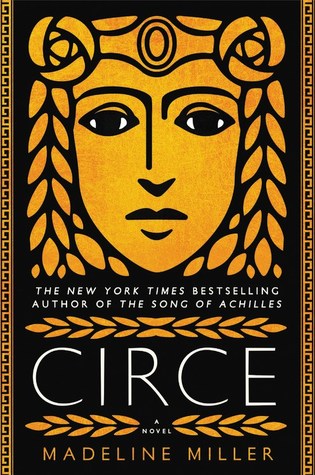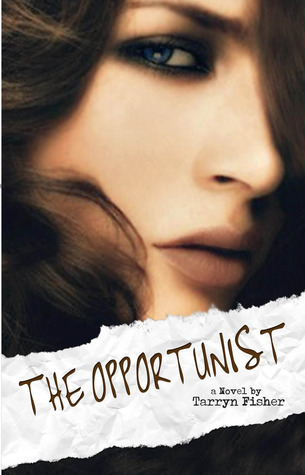I started reading the
Throne of Glass series in January 2018, starting with
THRONE OF GLASS before working my way through the two immediate sequels:
CROWN OF MIDNIGHT and
HEIR OF FIRE. After HEIR, I had to take a break, because the book was
so long and there were so many more characters, 90% of whom I didn't really care about. Honestly, CROWN OF MIDNIGHT was where I mostly stopped caring because that's when the book stops being a fairy tale retelling and starts being a knockoff
Game of Thrones, only with more pining and shopping.
***WARNING: SPOILERS***
Celery Saltine-thin is probably one of my least favorite characters in the history of ever, and what makes it more ironic is that
I've never had a character forced down my throat this hard. Celery does nothing but gloat about how awesome she is, and you might think that the other POVs might offer a hint of respite from this, but no - whether they love her or hate her, they're still obsessed with how much they want to have sex with her/kill her/befriend her. It's like that Lady Sovereign song.
EVERYTHING is about Celery.
HEIR OF FIRE is where the series starts to broaden in scope and jam-pack in way more POVs and characters, and QUEEN OF SHADOWS takes that a step further. Everyone gets a narration in this story, no manner how minor the character. I was half-expecting one of those sexy nightgowns that Celery is so fond of wearing to have a POV (and if the nightgown
did have a POV, it would probably pour forth glowing adulations about the perfection incarnate that is her hot bod, and how honored and delighted this humble nightgown is to clothe the glorious form that is Celery). We're also introduced to Listeria, Arobynn, Elide, Lorcan, Asterin, and a bunch of other minor characters that I've already forgotten about. I haven't even bothered to come up for nicknames for most of them. Good luck keeping them all separate. I couldn't go more than a couple pages with a new character pushing a slightly-less-new character out of my short-term memory. Eventually, I gave up trying to keep them all straight. I figured a lot of them would probably be killed off, anyway, and I was mostly right.

At this point, I'm mostly in it to satisfy my own morbid curiosity because there's a handful of characters I still care about. Unfortunately, Maas has this habit of either a) killing off the most likable characters, b) destroying the personalities of the most likable characters and turning them into total trash people, or c) utterly ruining the most likable characters and leaving them broken and miserable beings, as if to punish them for NOT being Celery. Everyone is always talking about what a great character Mutton (Manon) is, but in this book I couldn't stand her. She basically sold out her own people to be raped, and there was no salvation for them at all. She was awfully cavalier about it, too, for an allegedly take-no-prisoners character that so many reviewers on my feed are fond of calling "a queen." Yeah, a bad one. And you know what happens to bad queens, right? Kaltain makes an appearance, only to go the way of basically any other powerful and attractive female character in this book who isn't Celery. And then Durian, Onion, and Kale are all built up to be destroyed, only to be reassmbled
yet again, and when the book is steeped in more misery than an emo kid's Livejournal circa 2005, it's kind of hard to dredge up much emotion, especially when characterization is already so weak, since everything is told and not shown, and told in the most purple prose imaginable, too.
Then of course there's the main couple, Raisin (Rowan) and Celery (you-know-who). Their Suzy Homemaking portions of the book that mostly involve sexy nightgowns, vows of companionship, lots of pining and mutual admiration, and "no-we-mustn'ts!" are so freaking annoying. I liked Raisin better when he called Celery on her sh*t in the previous book and held her accountable for her arrogance, hypocrisy, and utter b*tchiness. In this book, he swallows the Team Celery handbook and follows her around like a well-trained dog performing demeaning tricks for a steak. Her cousin, Onion (Aedion) who is also in love with her is the exact same way. And after a few testosterone-laden showdowns filled with fancy words and meaningful glances, Onion steps aside for Raisin, while continuing to extol them both - but far be it from Maas to leave anyone in this book single. I already have a feeling who he's going to be paired off with and that person is Listeria. (Sorry, I know that's not a vegetable; but at least it's a bacteria that can be found
on vegetables, yeah?)
I got
so freaking tired of Celery and her smugness in this book. Literally everything she said or did made me want to slap her. How many times do I have to hear about how great she is? Or how she's too good to share her plans or intel - even with her alleged allies? She is seriously the worst queen ever, always sneering at people who criticize her, and failing epically at any sort of subtlety or stealth. I rolled my eyes when we found out the "truth" about Arobynn because of course
he would want to bang her too - why is that a shock? Practically everyone else who's appeared in this book has.
The writing in this book also takes a nose-dive. There's a lot of unnecessary scenes and the book is a lot longer than it needed to be. CROWN OF MIDNIGHT was probably the best book in this series so far because it had action and it was also a lot shorter, and I
almost gave that book, as well as HEIR OF FIRE, a three-star rating, because they were such an improvement over the first book, which is basically a dress-eating, candy-eating extravaganza of fail. QUEEN OF SHADOWS is much longer than it needs to be, clocking in at 560+ pages in the EPUB edition that I got from my library and 600+ pages in the paperback. At least 200 pages of this book could have been shaved off or shortened for conciseness. I didn't need all the Raisin and Celery scenes, and all of the Durian Being Tortured scenes were virtually identical. This author also has some very notable word tics, like "midnight," "glorious," "incarnate," and "swagger." Between the lengthy and dull scenes interspersed between the action sequences and the repeated words, it kind of felt like the editor had gone on vacation.
Also, hilariously, while the previous three books were relatively clean (albeit HEIR OF FIRE being way more violent), Maas suddenly discovers swearing, with the word "sh*t" sometimes being used multiple times per page, and numerous sexual references and sexual scenes, in addition to a notable increase in violence and disturbing content (particularly that ending scene with Durian's father, which is probably one of the darkest and most miserable reveals that I've encountered in YA). Some people have said that this is because Celery is older in this book, but only by two years! She was seventeen in this first book - and she's a seventeen-year-old who has been imprisoned and had sex, so there's no reason she shouldn't be swearing more or suddenly discovering sex for the first time, because these are things that she's already been exposed to; they shouldn't be
novel. It was really weird. Even though I haven't read the last book for several months and have already forgotten a lot of what happened in it, I found myself side-eying some phrases, and thinking, "This seems very extra."
Now that I've talked about the things I hated, I'm going to discuss the things that I liked. Abraxos is cool. Even though Mutton is trying so hard to come across as Daenerys Targaryen II (while coming across more as a Dragonite owner who doesn't have enough gym badges to make her wayward Pokemon obey) while also enabling the rape, torture, and impregnation of her people and I hate her, her wyvern is cool and kind of adorable. Unfortunately, he doesn't have as many funny scenes in this book and it's mostly just about his owner, who I now despise.
Listeria is also a pretty cool character, even if she does fall a little too neatly into the whore/courtesan with the heart of gold stereotype. I look forward to seeing her more in the second book, although part of me is afraid that Maas is either going to utterly null out her edgier parts or just completely remake her character to force her into a stupid romantic relationship like she did with Durian and Sorscha.
I also liked the plotting and some of the more devious parts of this book. I told someone who commented on one of my status updates that I do honestly feel like there's a good book in here clamoring to get out, but the Mary Sue protagonist holds the story back, and I still think that's true. It's hard to respect a main character when all of the sacrifices fall on the literal backs of her friends.
Speaking of backs, poor Chaol. I still haven't forgiven Maas for what she did to his character in CROWN OF MIDNIGHT, especially since he was the only male character I really shipped with Maas out of the 5+ "experiments" that have been lobbed at her so far. I couldn't believe how stupid the reason was for Celery's flounce and it seemed to cement her impulsive selfishness that she would do what she did without actually taking a moment to TALK to him instead of running like a lil' b*tch. What she did to him in this book was just as bad - making him suffer even more for Celery's sake, after she was rude to him for 3/4 of the book. Yeah, he didn't deserve that. F her.
Apart from that, I actually did like the ending. It was
intense.
BTW, I've had a number of people ask me why I read these books if I didn't like them which is kind of a silly question because 1) how can you know you don't like something unless you read it? and 2) you can read a book you don't like and still enjoy it. That's why people enjoy trash cinema, or "
Z movies." Sometimes it's fun to take something you don't like or think is ridiculous and make fun of it; that's the whole point behind the cult classic TV show,
Mystery Science Theater 3000, which basically reviewed pulpy movies from the 1970s and earlier. I enjoy doing similar things with romance novels. I've explained this many times, defending my choices. Some fans of this book, however, are ridiculously entitled and rude enough to the point that they will come onto these reviews and leave passive-aggressive remarks insulting me.
I will block you if you do this, so please keep in mind that if you have a comment about my reviewing style, the place to do this is not on my review itself but as I mentioned on HEIR OF FIRE, by calling the "1-800-GIRL-BYE" hotline. It gets a lot of callers, so you might be on hold a while. Perhaps forever. Sorry about that.
Overall, my thoughts about this series have pretty much remained fairly internally consistent. I don't really get the hype and while there are some favorable things about this series, I really can't stand the heroine and it often feels like one of those generic epic fantasies, in the vein of
Game of Thrones. I put EMPIRE OF STORMS on hold at the library, so I will probably be reading that soon, and also Chaol's book as well, in preparation for the final book in this series and the end to this experiment. It will be interesting to see how this tangled knot of characters and motivations is resolved, if at all.
1.5 to 2 out of 5 stars
